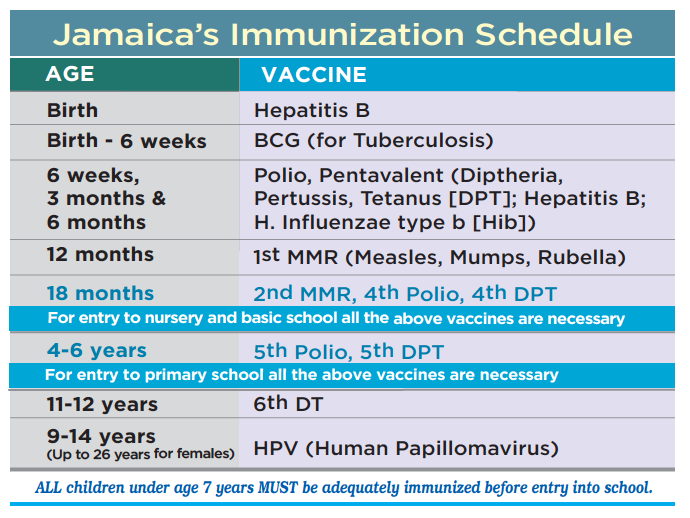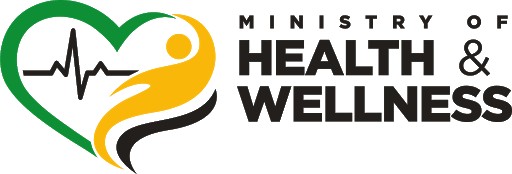Polio Vaccine
Polio is the common name for the disease Poliomyelitis, also called Infantile Paralysis. There is no cure for polio. Anyone who contracts polio can be crippled or even die.
How is Polio Spread?
It is very dangerous and spreads easily from one person to another through contact with:
- Secretions or discharges such as stool or faeces.
- Droplets from the nose or mouth of the infected person as he or she coughs or sneezes.
Immunization is the only effective way to prevent this disease.
The vaccines that are used to protect children against this disease are:
- Inactivated Poliovirus Vaccine (IPV-injection) and
- Oral Poliovirus Vaccine (OPV-oral drops). Together, IPV and OPV given in sequence will offer the best protection against polio as the world prepares for eradication of the disease.
A few persons may not be able to receive oral drops, and will be given IPV only.
Who can get the vaccine and when should it be given.
Every child needs five (5) doses of the vaccine before he/she is 7 years old.
First Dose – 6 weeks old
Second Dose – 3 months old
Third Dose – 6 months old
Fourth Dose – 18 months old
Fifth Dose – 4-6 years old
How do I care for my child after immunization?
Normal activities should continue. If children have pain at the injection site or develop fever, these symptoms usually go away in a few days. Pain and fever medication (paracetamol) can be given to ease the discomfort.
After children receive OPV drops, wash your hands thoroughly with soap and water, especially after handling the child’s stool, for up to 6 weeks. If there are any concerns contact the nurse or doctor at the health centre.
Remember…


